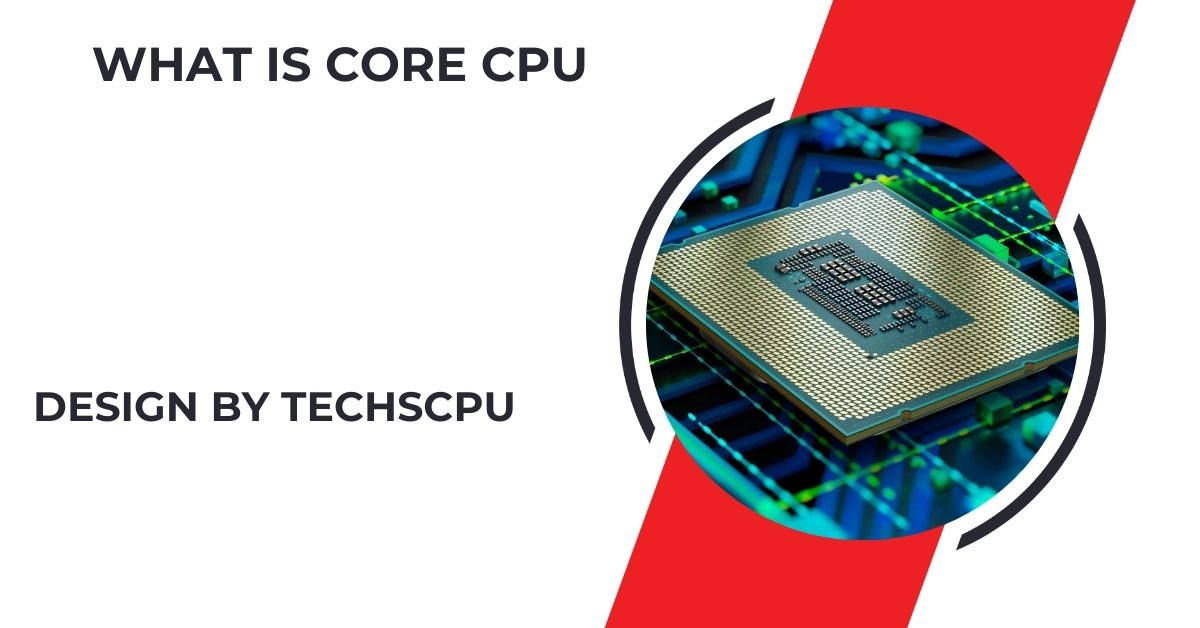What Is Core Cpu – A Simple Guide To Cpu Cores!
A CPU core is a processing unit within a CPU that can independently execute tasks, enhancing multitasking and overall performance.
In this guide, we’ll break down what a CPU core is, how it impacts performance, the types of cores, and what to consider when choosing a CPU core count based on your needs. Let’s dive into understanding how multi-core CPUs can optimize your everyday digital experience.
What is a Core in a CPU?
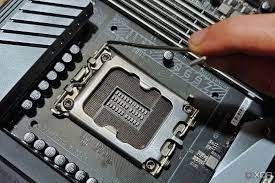
Each core within a CPU is a separate processing unit capable of handling its own instructions. Imagine each core as a mini-CPU; it works independently, processing different tasks simultaneously with other cores. The introduction of multi-core CPUs has transformed computing power, allowing devices to handle multiple programs at once.
For example:
- Single-core CPUs can manage only one task at a time, processing each instruction sequentially.
- Dual-core CPUs have two cores, allowing them to process two sets of instructions at once, significantly speeding up performance.
- Quad-core CPUs contain four cores, handling more intensive tasks such as gaming or video editing.
- Octa-core CPUs and higher (with eight or more cores) are designed for professional tasks, heavy applications, and complex gaming.
Each additional core enhances a CPU’s multitasking ability, making computers, phones, and tablets better suited for running demanding software.
The Importance of CPU Cores in Performance:
Cores are critical for smooth and efficient device operation. Here’s why they matter:
Enhanced Multitasking:
Multiple cores allow a CPU to handle different tasks simultaneously, reducing lag when you have many applications open. For instance, a dual-core processor can manage a video stream while processing other applications in the background.
Also read: How To Apply Thermal Paste To Cpu – A Complete Guide!
Better Performance in Applications:
Many modern applications, especially those related to graphic design, 3D modeling, or editing software, require powerful processing. Multiple cores ensure that the CPU can handle these complex instructions swiftly and smoothly.
Improved Gaming Experience:
Gaming demands a CPU that can process complex graphics and environments without delay. Multi-core CPUs allow games to run without stuttering, making gameplay smoother and more immersive.
Increased Energy Efficiency:
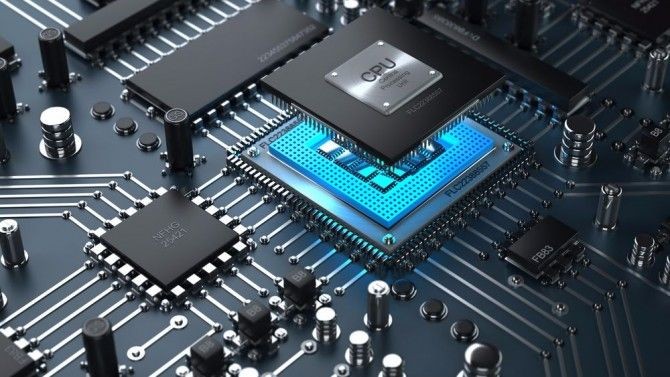
Many multi-core CPUs are designed to use energy efficiently, with some cores handling intensive tasks while others manage lighter workloads. This design helps maintain device performance while extending battery life, especially in laptops and mobile devices.
Different Types of CPU Cores:
Single-Core CPU:
Single-core CPUs can handle only one task at a time and are rarely used today due to limited multitasking abilities. Suitable for simple tasks, they aren’t efficient for current software, as most applications require multitasking and faster processing, which single-core CPUs struggle to provide effectively.
Dual-Core CPU:
Dual-core CPUs contain two cores, enabling basic multitasking and improved performance over single-core processors. They are common in budget-friendly laptops and desktops, handling everyday tasks like web browsing and word processing well. However, dual-core CPUs may struggle with more demanding activities like video editing and high-resolution gaming.
Also read: How To Undervolt Cpu Gigabyte Bios – A Comprehensive Guide!
Quad-Core CPU:
Quad-core CPUs, with four cores, balance multitasking capabilities with good performance. Common in mid-range to high-end devices, they can manage demanding tasks, including moderate gaming, video calls, and basic video editing, with minimal lag. These CPUs are ideal for users who require moderate performance for everyday use and slightly advanced tasks.
Hexa-Core and Octa-Core CPUs:
Hexa-core (six cores) and octa-core (eight cores) CPUs offer strong multitasking power and are suitable for users needing high performance, such as gamers, graphic designers, and video editors. They handle heavy software efficiently, making them popular in high-end desktops, laptops, and some advanced mobile devices.
Deca-Core and Beyond:
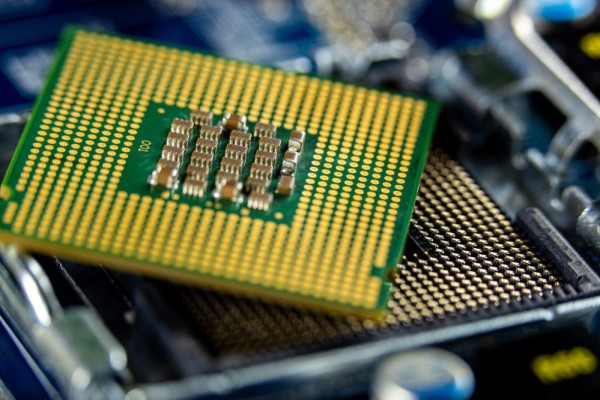
Deca-core CPUs and those with even more cores offer top-tier processing power, suitable for heavy tasks like 3D rendering, scientific computing, and machine learning. These CPUs, found in advanced gaming rigs and professional workstations, deliver extreme performance but are often costly, tailored for users with intensive processing requirements.
How Core Count Affects CPU Performance:
Core Count vs. Clock Speed:
CPU performance depends on both core count and clock speed, measured in GHz. While more cores increase multitasking, high clock speeds improve individual task performance. Sometimes, a high-clock-speed quad-core CPU can outperform a slower octa-core in certain applications, especially if core-dependent software isn’t fully optimized.
Multithreading:
Multithreading allows each CPU core to handle multiple threads, enhancing multitasking capabilities. This feature is beneficial for demanding applications, as it enables a single core to manage more instructions, creating a smoother, faster experience and boosting overall CPU efficiency when running high-performance software or multitasking.
Also read: Intel Lga 1700 Socket Cpu List – A Comprehensive Guide!
Software Optimization:
Not all software is optimized for multi-core usage. Basic applications like browsers may not benefit significantly from extra cores. High-performance software, like video editing and gaming applications, utilizes multi-core capabilities, making more cores advantageous for tasks requiring rapid data processing and more extensive resource management.
Thermal Management:
More cores generate additional heat, so effective cooling is crucial for high-core-count CPUs. Advanced computers often have specialized cooling systems to prevent overheating and maintain stable performance. Efficient thermal management ensures the CPU remains functional and reliable, even when running intensive programs that utilize multiple cores.
Choosing the Right CPU Core Count for Your Needs:
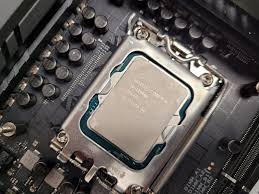
For Basic Use (1–2 Cores):
Single-core or dual-core CPUs are ideal for basic users needing minimal power. They manage simple tasks like web browsing, streaming, and document editing well. For users who do not require high performance, these CPUs are affordable and sufficient for daily, low-demand activities and straightforward multitasking.
For Everyday Use (4 Cores):
A quad-core CPU is well-suited for everyday users who enjoy moderate multitasking, watching videos, and light editing tasks. It provides enough power for home and office use, managing multiple applications effectively. This makes quad-core CPUs versatile for general needs without the high costs associated with more powerful processors.
For Advanced Use (6–8 Cores):
Hexa-core and octa-core CPUs are recommended for users requiring advanced performance, such as gamers, graphic designers, and software developers. These CPUs handle high-demand applications, intensive games, and complex simulations, providing smooth multitasking and enabling users to perform heavy-duty tasks seamlessly.
Also read: What Is A Core In A Cpu – A Complete Guide!
For Professional Use (10+ Cores):
Deca-core CPUs or those with more cores suit professional users handling data processing, video editing, and 3D modeling. They’re ideal for tasks requiring significant processing power and run server-based applications efficiently. High-core CPUs are used in workstations for tasks that demand strong multitasking and rapid processing capabilities.
The Role of CPU Cores in Gaming
Gamers often seek CPUs with more cores for the following reasons:
- Enhanced Graphics Rendering: Complex graphics and high-resolution textures require powerful processing to render without delays. Multi-core CPUs are essential for managing these graphics efficiently.
- Smoother Gameplay: Multithreading and higher core counts ensure the CPU can process game environments quickly, reducing lag and allowing for a more immersive gaming experience.
- Compatibility with GPUs: CPUs and GPUs (graphics processing units) work together in gaming. Multi-core CPUs can efficiently process game instructions and communicate with the GPU, resulting in faster graphics rendering.
CPU Cores in Smartphones and Tablets:
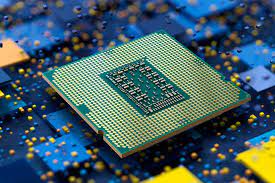
In mobile devices, CPU cores also play a critical role. Here’s how they affect smartphone and tablet performance:
- Efficient Multitasking: Many mobile CPUs now have four or more cores, enabling users to run multiple apps without freezing or crashing.
- Battery Life Management: Some mobile CPUs use the big.LITTLE architecture, which combines high-performance and low-power cores. This design helps manage battery life by using power-efficient cores for basic tasks and high-performance cores for more demanding applications.
- Mobile Gaming and Media: Multi-core mobile CPUs can handle games and streaming apps smoothly, making them ideal for users who enjoy gaming or media on the go.
Key Terms Related to CPU Cores:
Understanding these terms will help you better grasp CPU functionality:
- Clock Speed: Measured in GHz, this indicates the processing speed of each core. Higher clock speeds mean the CPU can process instructions faster.
- Threads: Threads are smaller units within each core that allow it to process multiple tasks simultaneously. CPUs with multithreading can handle more tasks effectively.
- Cache Memory: This is a small, fast memory within the CPU that stores frequently used data, helping the CPU access information faster.
The Future of CPU Cores:
The number of cores in CPUs is expected to increase as technology advances. We may soon see processors designed specifically for artificial intelligence (AI) applications and machine learning, with optimized cores for these specialized tasks. Quantum computing and neural processing units (NPUs) could also become more common, offering unprecedented computing power and efficiency.
FAQ’s
1. What is a CPU core?
A CPU core is an independent processing unit in a CPU, allowing it to handle multiple tasks at once and improve multitasking capabilities.
2. How do CPU cores affect performance?
More cores allow better multitasking and handling of demanding applications, enhancing the CPU’s ability to perform complex tasks efficiently.
3. What is the difference between single-core and multi-core CPUs?
Single-core CPUs can only process one task at a time, while multi-core CPUs can handle multiple tasks simultaneously, improving speed and performance.
4. Why are multi-core CPUs important in gaming?
Multi-core CPUs process complex game environments and graphics more effectively, leading to smoother and more immersive gameplay.
5. How does core count affect battery life in mobile devices?
Some multi-core mobile CPUs use efficient core designs that conserve power during basic tasks, helping extend battery life.
Conclusion
In summary, CPU cores play a crucial role in device performance, impacting multitasking, energy efficiency, and processing speed for various applications. Choosing the right core count depends on your specific needs, from basic tasks to intensive gaming and professional workloads. As technology advances, we can expect even more powerful and efficient multi-core CPUs to meet diverse computing demands.
Related post
- Also read: How To Check Your Cpu Temp – A Detailed Overview!
- Also read: Why Is My Cpu Fan So Loud – Causes and Quick Fixes!
- Also read: What Are The Registers In A Cpu – Enhancing Speed, Efficiency, and Modern Computing!
